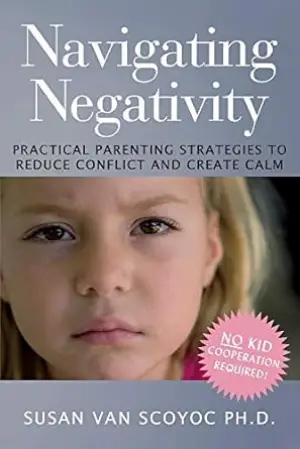Book Review: The Frozen River by Ariel Lawhon
I recently picked up The Frozen River, and I must admit—it’s one of those rare reads that captures you from the very first page and doesn’t let you go. As a longtime fan of Ariel Lawhon’s work, known for her masterful storytelling and deep historical roots, my expectations were high. Yet, she delivered a story that not only met but exceeded them, transforming into a gripping mystery that resonates long after the final chapter.
Set in 1789 Maine, the narrative follows Martha Ballard, a midwife whose life and diary chronicle the intricate tapestry of her close-knit community. Lawhon paints a vivid picture of a time when women’s voices struggled to be heard, thrusting Martha into the unsettling role of investigator as she uncovers a murder wrapped in societal prejudice and turmoil. I found myself deeply moved by Martha’s grit and courage, qualities that echo greatly in our contemporary discussions about women’s rights and justice.
One of the standout themes in the book is the tension between societal expectation and personal conviction. Martha skills as a midwife place her in a unique position, privy to the secrets of the townsfolk—every birth, every death, and every scandal listed in her meticulous diary. The unfolding mystery surrounding a man entombed in the Kennebec River not only challenges her professional competency but tests her loyalty and bravery as well. As I turned each page, I couldn’t help but reflect on the echoes of Martha’s story in our own lives—how often do we find ourselves navigating through layered truths and black-and-white moral dilemmas?
Lawhon’s writing style is lyrical yet straightforward, allowing the reader to lose themselves in the wintry landscape while being keenly aware of the underlying tension that permeates the air. The pacing kept my heart racing, especially as I found myself caught up in the societal whispers that shrouded Martha’s investigation. At times, the frosty setting contrasted sharply with the heated emotions of the characters, creating an atmosphere that felt both chilling and intimate.
There were moments of pure brilliance in the book. For instance, one particularly memorable quote from Martha’s diary struck me: “To speak the truth is to take a breath; to remain silent is to suffocate.” This resonates deeply not only within the context of the story but reflects the struggles many face when standing up for what is right. Each layered narrative thread interweaves seamlessly, making this book a rich tapestry of human experience.
I wholeheartedly recommend The Frozen River to fans of historical fiction and mystery alike. You will find Martha’s journey not only compelling but also deeply human, narrating a slice of history that is often overlooked. As I closed the book, I was left with a profound sense of gratitude for the brave voices of the past and a desire to continue uncovering those hidden narratives. This is a story that invites us to question our own histories and recognize the legacies we weave.
If you enjoy tales of resilience, whispers of scandal, and the indomitable strength of a woman refusing to be silenced, then this book is calling your name. Trust me—you won’t regret answering.






